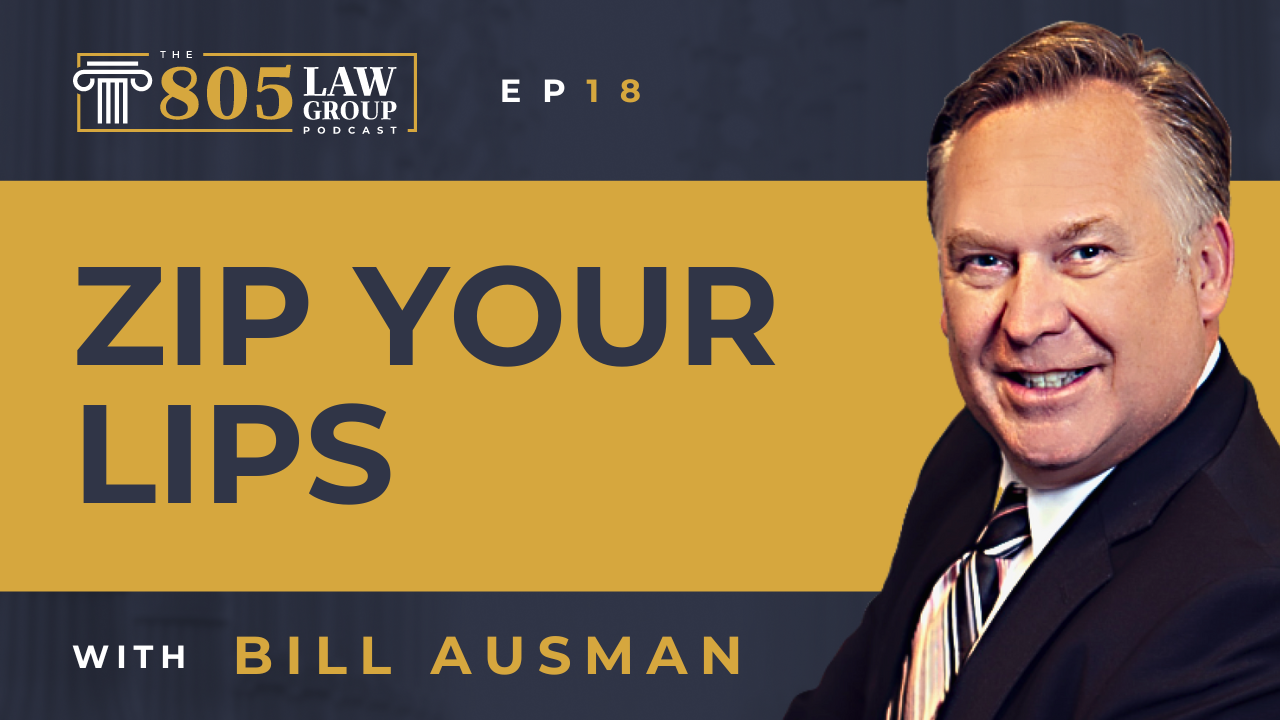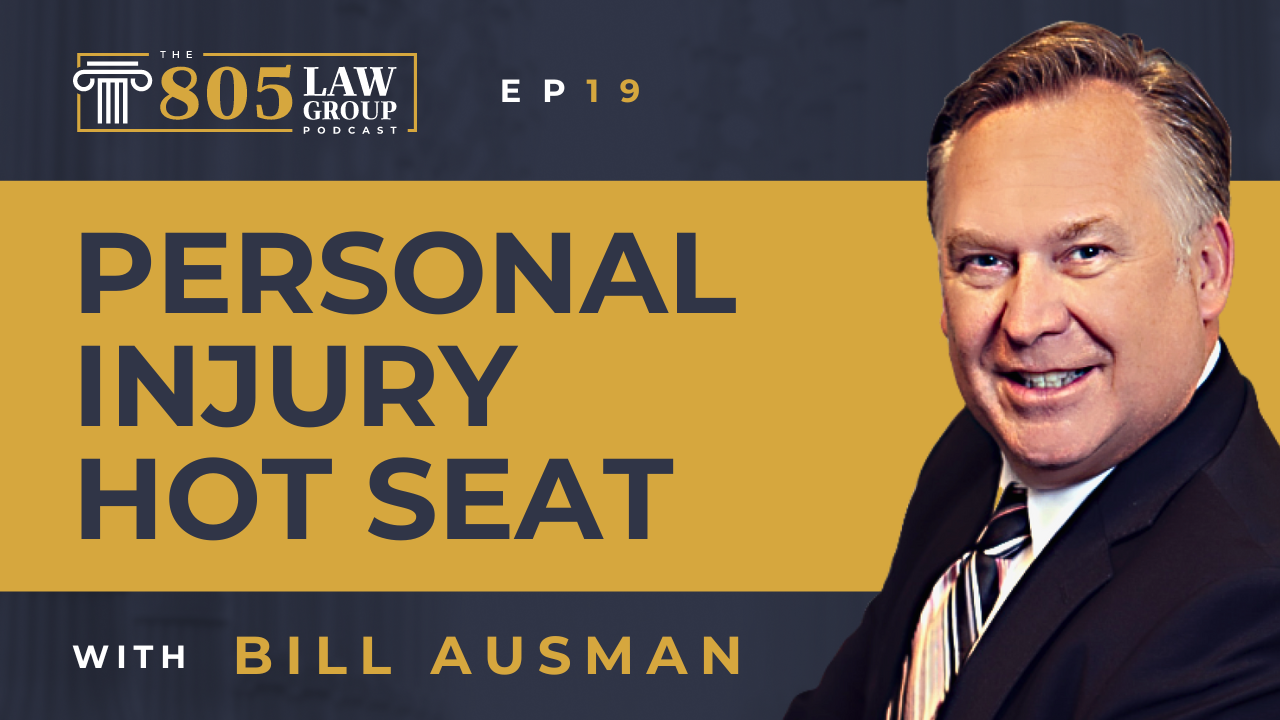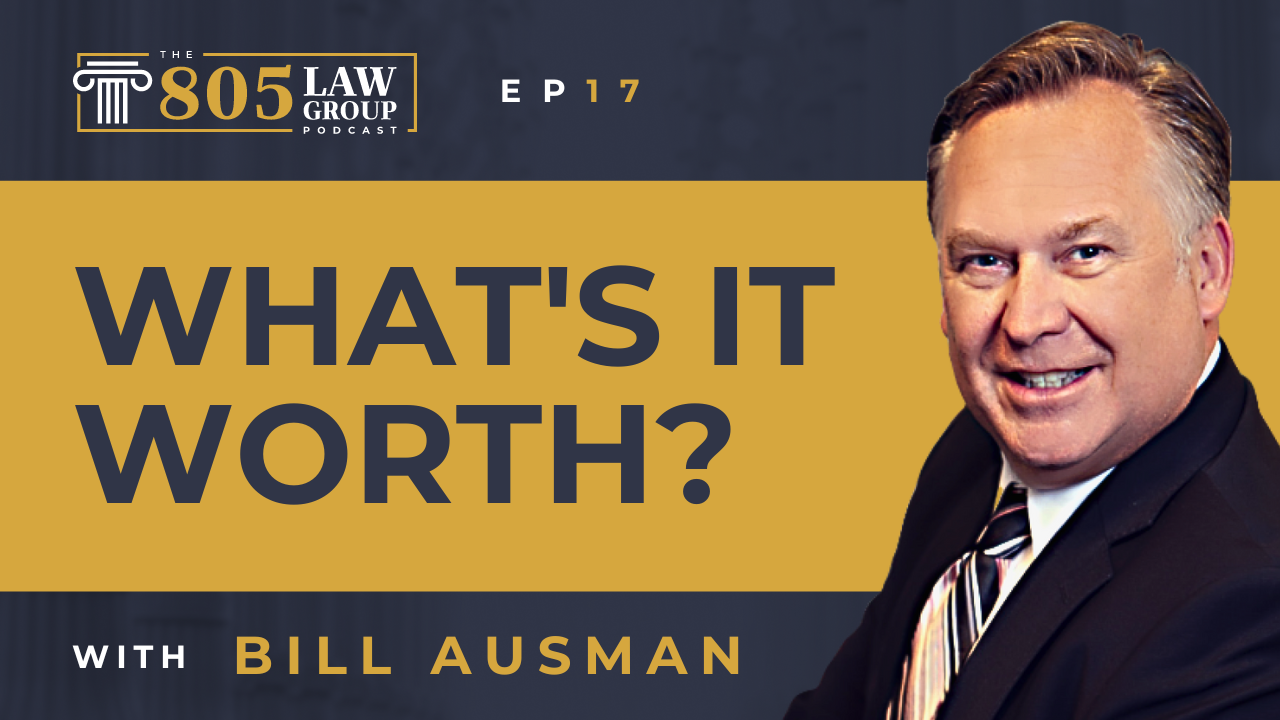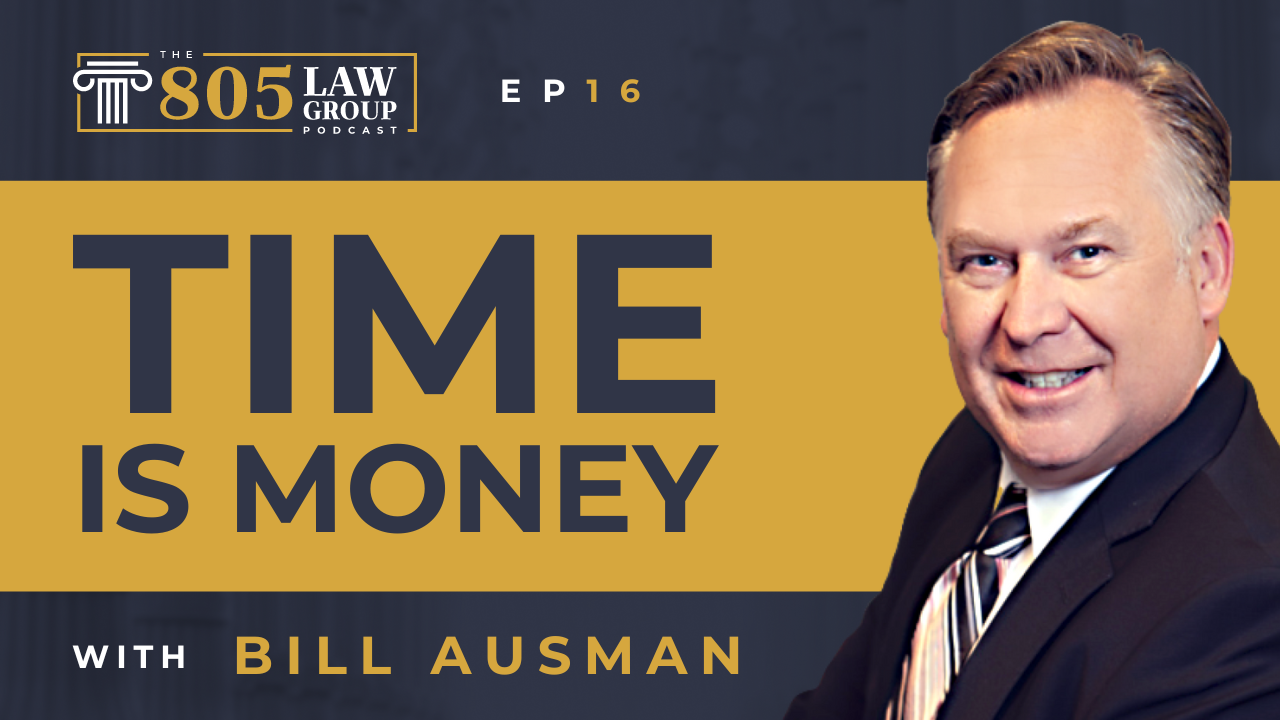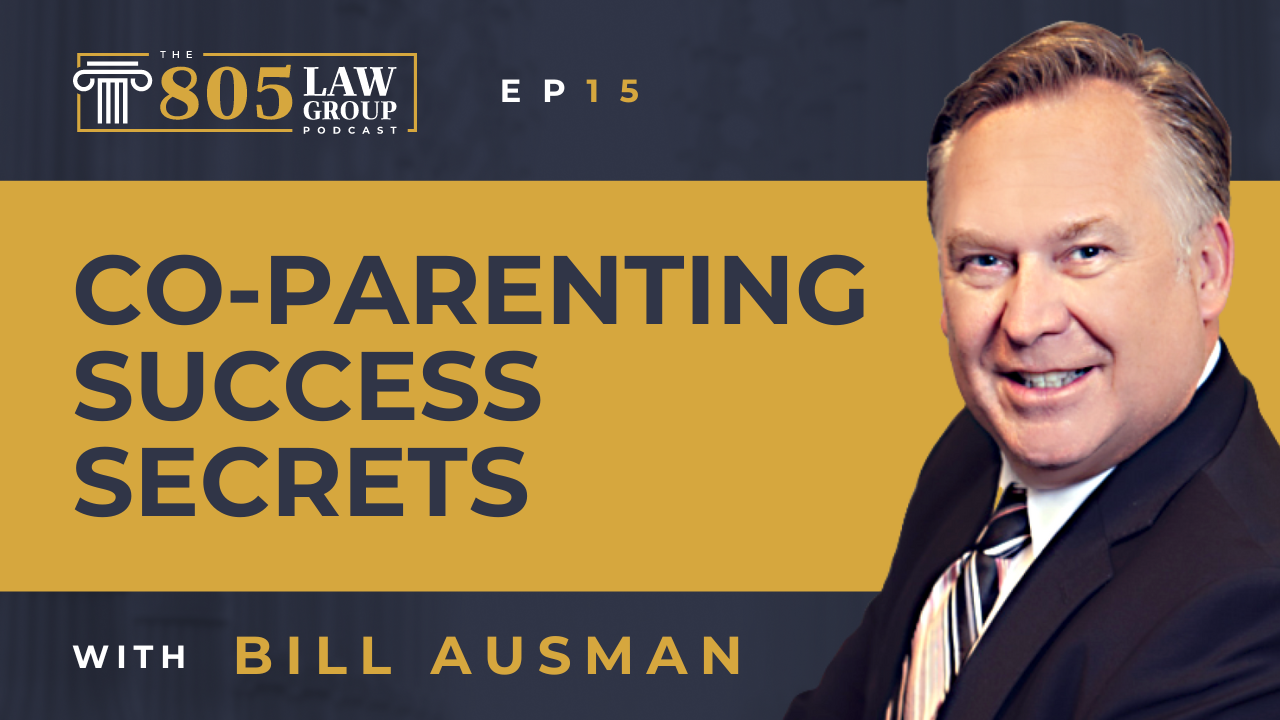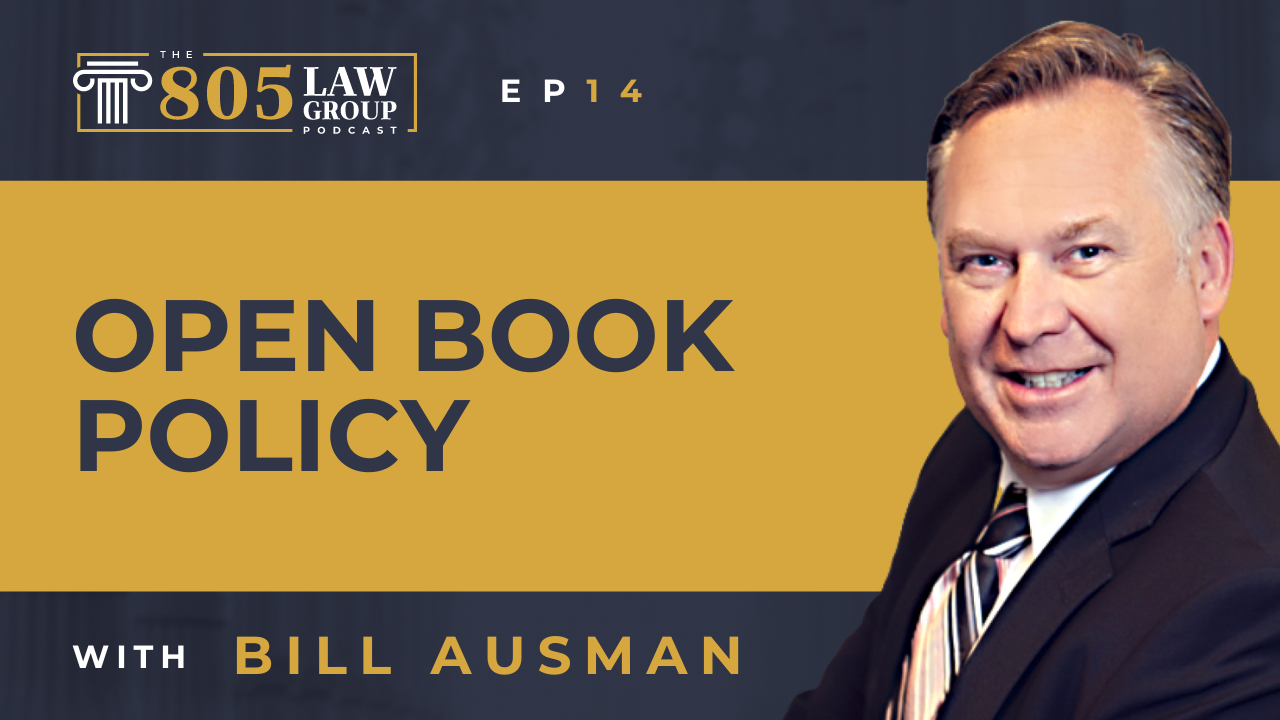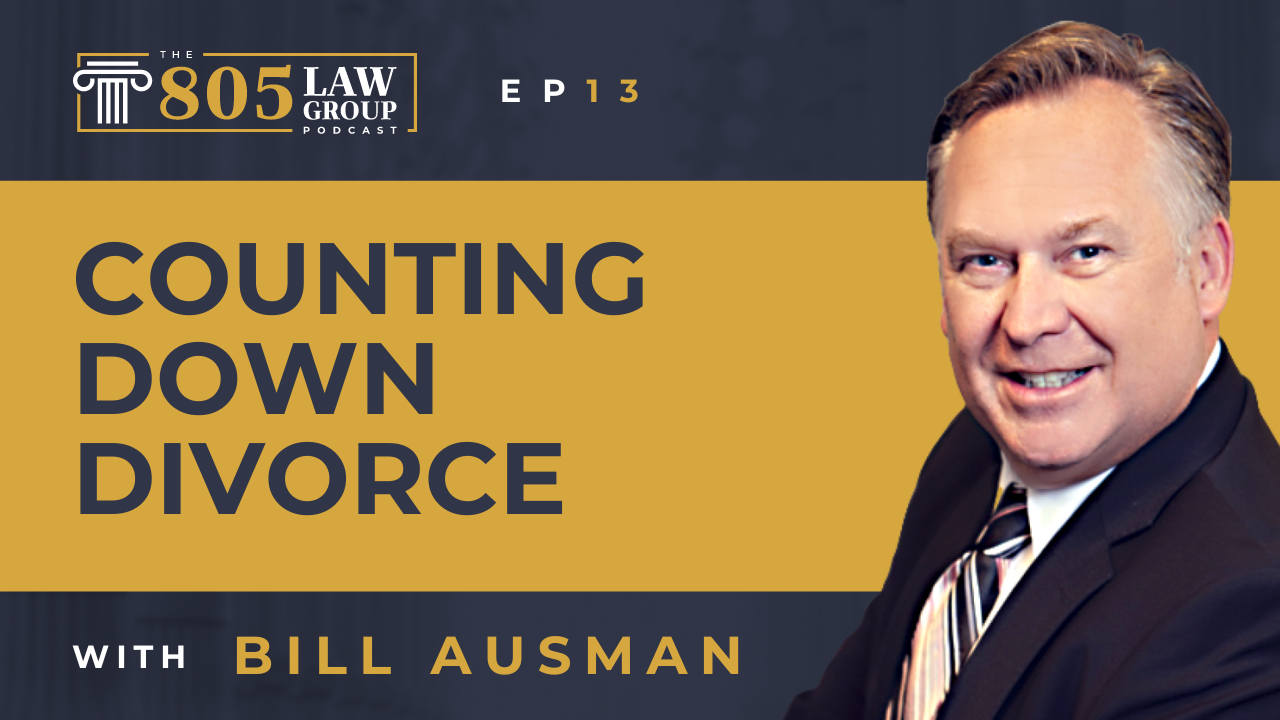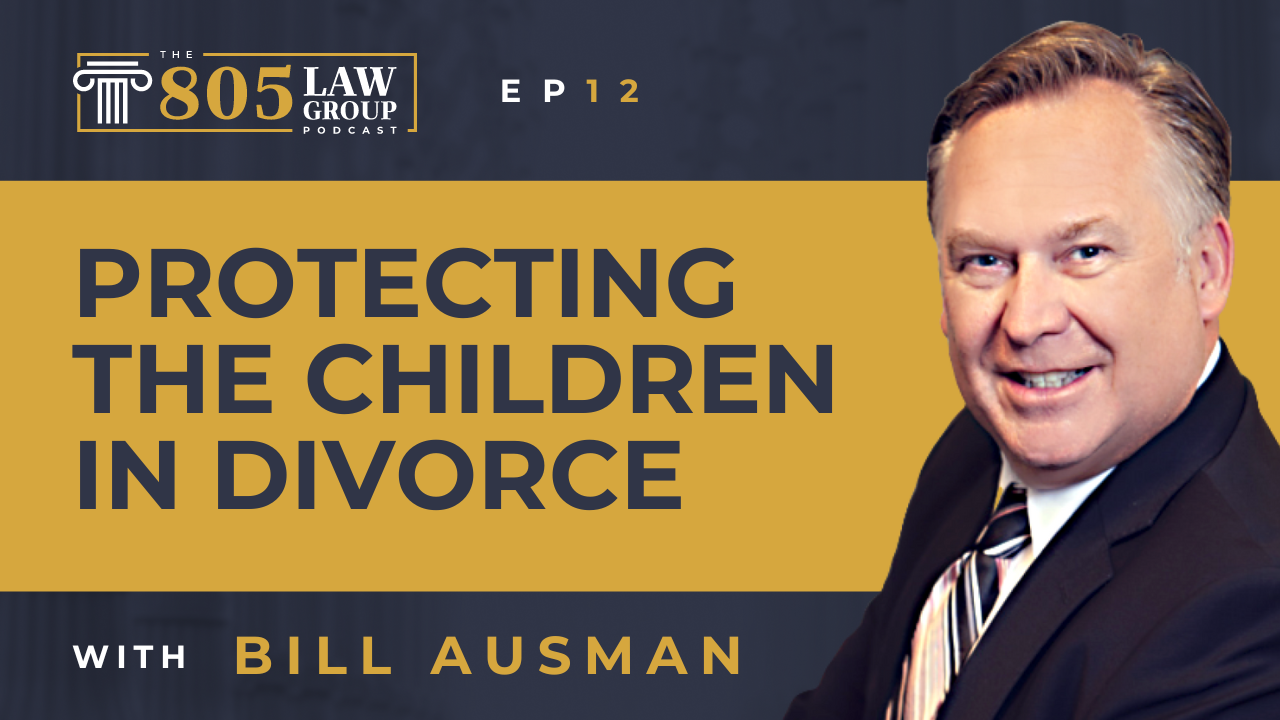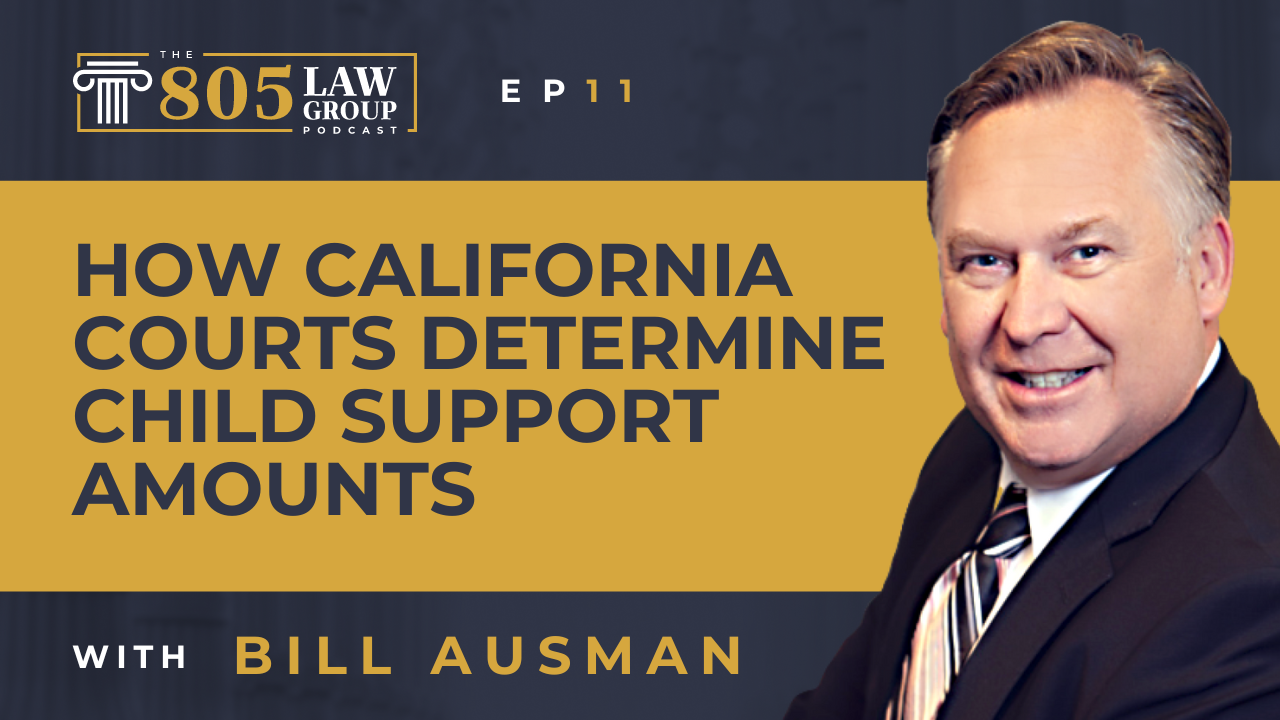[00:00:00] Dean Mignola: So Bill, what inspired the introduction of this new Law that prevents police from asking why somebody got pulled over?
[00:00:07] Bill Ausman: Well, Dean, it’s really a loaded question. You get pulled over in the middle of the night by a California Highway Patrol or other fine Law Enforcement Officer and they ask you, why do you think I pulled you over? It’s really a tough question. The courts don’t count this as an interrogation, but it really is.
[00:00:25] Bill Ausman: It’s like, what did you do wrong? This is a really a leading question that can come up with all kinds of answers. So, the Legislature saw this, that this was a problem, that people were confessing to crimes that they’re not even being investigated on and people are feel compelled.
[00:00:43] Dean Mignola: [00:01:00] Welcome to the 805 Law Group podcast. We’re your hosts, I’m Dean
[00:01:19] Bill Ausman: I’m Attorney Bill Ausman.
[00:01:20] Dean Mignola: Today, we’re going to talk about something really interesting. The new California Law that puts the brakes on police asking why you got pulled over. That’s kind of fascinating.
[00:01:32] Dean Mignola: So Bill, what inspired the introduction of this new Law that prevents police from asking why somebody got pulled over?
[00:01:39] Bill Ausman: Well, Dean, it’s really a loaded question. You get pulled over in the middle of the night by a California Highway Patrol or other fine Law Enforcement Officer and they ask you, why do you think I pulled you over? It’s really a tough question. The courts don’t count this as an interrogation, but it really is.
[00:01:58] Bill Ausman: It’s like, what did [00:02:00] you do wrong? This is a really a leading question that can come up with all kinds of answers. So, the Legislature saw this, that this was a problem, that people were confessing to crimes that they’re not even being investigated on and people are feel compelled.
[00:02:16] Bill Ausman: There’s a guy with a gun at your door that has you blocked into your vehicle, has his squad car behind you that’s armed to the guilt and also has a radio to call in backup and they’re asking you, hey, what did you do wrong? And people will admit to things that the Police Officer is not even interested in.
[00:02:36] Bill Ausman: So, the State Assembly and the State Senate looked at this problem and looked at this issue, and decided if this was improper. Law Enforcement can be very interrogating, they can be very intimidating. They’ve taken this tool away from Law Enforcement that they’ve abused in the past and taken this and made it off limits.
[00:02:55] Dean Mignola: Now, how do you foresee the implementation of this law really influencing [00:03:00] the dynamics between Police Officers and drivers during routine traffics.
[00:03:05] Bill Ausman: I don’t think it’s going to slow them down much, Dean. Law Enforcement Officers love to interrogate people, love to try to get confessions out of folks. Even when they didn’t do it, their hands are completely clean. It really makes a person nervous when they’re standing there next to somebody that’s a Law Enforcement Officer.
[00:03:25] Bill Ausman: They’ve got mace, they’ve got a taser, they’ve got a loaded firearm quite often baton, other tactical weapons in which they can beat you, they can shoot you, they can put you into custody. It’s a very intimidating process. So this will slow them down somewhat.
[00:03:44] Bill Ausman: People need to remember that you have the right to remain silent. You don’t have to tell a Police Officer anything. It’s hard to remember in the heat of the moment, when you’re being facedown by an armed Law Enforcement Officer. But the best advice [00:04:00] is do not admit to the cop, don’t talk to the cop. Only give them your driver’s license, only give them basic information, your registration, your proof of insurance and leave it alone.
[00:04:11] Dean Mignola: You kind of covered this, but I want to just see if there’s anything else. How can you assert your rights under the new law without escalating the tension during a traffic stop? Is there something specific that you can say to the Officer? Where you can kind of assert your rights without causing that.
[00:04:29] Bill Ausman: Absolutely. I always say to my clients be courteous, be kind, be cooperative. However, that ends at doing things that you’re legally required to do. You’re legally required to identify yourself to the Officer. If they ask for identification, you’re legally required to do that.
[00:04:46] Bill Ausman: In California, if you’re pulled over, yes, you have to show them your registration, you have to show them proof of insurance. But you don’t need to talk about how fast you were going, whether you’ve made a complete stop, what drinks you’ve had [00:05:00] that night, you don’t have to answer any of those questions that commonly get people into trouble and gets them arrested or cited for different offenses.
[00:05:10] Bill Ausman: So, what I encourage people to do is be pleasant, be kind, be cooperative, but assert your right that you’re not going to answer any questions. I often give my clients, my business card, if you have any questions, my Attorney would be glad to answer those for you.
[00:05:24] Dean Mignola: There we go.
[00:05:25] Dean Mignola: Okay, now this is a relatively new law, correct? But can any potential challenges or criticisms that you’ve heard about that are surrounding implementation of this law, or is it just too new for that?
[00:05:59] Bill Ausman: I have [00:06:00] not, I’m certain that some conservative District Attorney is going to challenge the legality of this law. But I think it’s on all force, I think it is certainly within their rights. I think the courts will uphold any challenges to this law and it is in effect. Law Enforcement shouldn’t be asking you, but this is how they’ve been trained and they will get around to asking you a question that’s very similar to this.
[00:06:27] Bill Ausman: If they don’t ask you this exact question, regardless of the law.
[00:06:31] Dean Mignola: That’s what I want to touch on, are there any circumstances where police officers are still allowed to ask drivers about the reason for a traffic stop, or does the law impose a complete restriction on that type of inquiry?
[00:06:44] Bill Ausman: Law is based on when you pull somebody over, you can’t ask them why that you’re pulling them over. Beyond that, it hasn’t put in detail. So, I’m sure that some Law Enforcement Officer is going to ask the same question or a [00:07:00] reworded question and it’s going to get out there.
[00:07:02] Bill Ausman: And the question is, hey, does Miranda rights apply? Law Enforcement will say universally, no, this was not in custody. He was free to take off, which is complete malarkey. People are not free to take off when then you’ve been pulled to the side of the road with a lighted vehicle, you just not. But that’s how the Supreme Court has tortured this law.
[00:07:26] Bill Ausman: So the best advice is don’t answer the questions, you start answering questions to the cop, you start doing their field sobriety tasks, you’re just going to add to your woes. So the best advice, don’t answer the cop. Give him your driver’s license, give him your registration, give him your proof of insurance.
[00:07:44] Bill Ausman: If he’s going to write you a ticket, let him write you a ticket.
[00:07:47] Dean Mignola: Okay. Well, I think we’re going to probably hear a little bit more about this Law in the future. Pretty interesting. Thank you, Bill. That’s going to wrap up this episode of the 805 Law Group podcast.
[00:07:57] Dean Mignola: If you liked what you heard, please click the like [00:08:00] button, subscribe and also follow look for that notification bell. That’ll let you be alerted when there are future episodes coming out. Any final words Bill?
[00:08:10] Bill Ausman: Hey, if you found this compelling and you have further questions about your rights or the rights of a loved one, feel free to give us a call. We’re here to help.
[00:08:19] Bill Ausman: We are the mensch of the community. So feel free to call on us. We’ll go fight for you.
[00:08:23] Dean Mignola: Excellent. Thank you so much, Bill. Thank you for watching. We’ll see on the next episode.
[00:08:28]

